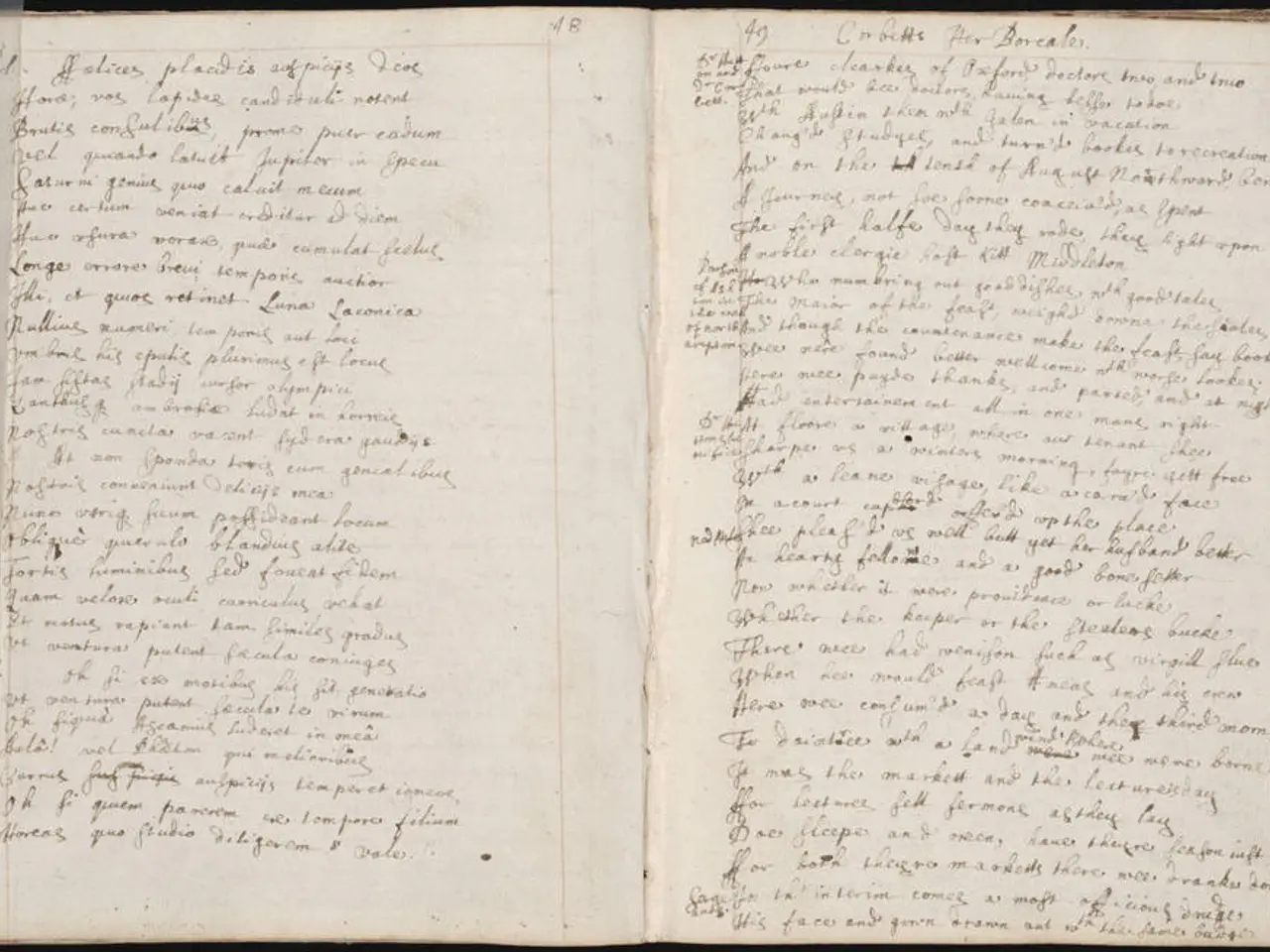Strategies for Mastering IB English A Language and Literature: A Comprehensive Guide
The International Baccalaureate (IB) English A: Language and Literature course demands a comprehensive approach to excel. Here are some key strategies to help you succeed.
Active Reading is crucial in understanding the texts you encounter. Read attentively, identifying key themes, stylistic features, text types, authorial choices, and context affecting meaning. Annotate texts, noting language, tone, audience, and purpose to understand how meaning is constructed.
Summarizing and Analyzing Texts is another essential skill. After reading, summarize the main ideas and arguments in your own words. Analyze how language and stylistic devices create meaning, considering cultural and historical contexts, especially for literary texts and global issues explored in Part 3 of the syllabus.
Practicing Textual Analysis is key to refining your skills. Regularly practice analyzing unseen non-literary texts (Paper 1) and literary texts. Use scaffolded exercises, past papers, and model answers to refine your skills in identifying form, purpose, and audience.
Comparative Analysis is a vital skill for Paper 2. Develop the ability to compare two literary texts by exploring thematic connections, contrasts in tone or style, and contextual influences. Practice structuring comparative essays clearly, supported by textual evidence.
Developing Writing Skills is essential for crafting coherent, persuasive essays. Practice writing clear, concise, and well-structured essays with strong thesis statements. Use academic language and integrate quotations and literary criticism effectively, ensuring your analysis remains central. Regular feedback and rubric alignment improve writing quality.
Engaging in Discussions deepens your understanding. Participate actively in class discussions or study groups to share interpretations and explore Theory of Knowledge (TOK) links, such as how language shapes knowledge or cultural bias in texts.
Utilizing Supplementary Resources can provide focused practice, mock exams, and video explanations. Use specialized tools like IB Learning Star and Revision Village, and resources like RevisionDojo for non-literary text types, which offer genre-specific practice and model responses useful for exam preparation.
Time Management is vital for success. Create a study schedule balancing reading, note-taking, writing practice, mock exams, and revision. Prioritize weaker areas early, allocate regular short sessions for review, and practice under timed conditions to build exam confidence.
Remember, structuring essays with a clear introduction, body paragraphs, and conclusion is important. Using supplementary resources like academic essays, journals, online platforms, and study guides can provide additional insights and critical perspectives. With these strategies in mind, you'll be well on your way to mastering IB English A: Language and Literature with confidence.
To enhance your learning and self-development in the education-and-self-development field, regularly engage with question banks specific to IB English A: Language and Literature course. These question banks will help you test your understanding and boost your preparedness for exams, aligning with the strategies discussed above. To expand your question bank, consider utilizing supplementary resources such as IB Learning Star and Revision Village, offering focused practice, mock exams, and additional perspectives for learning and improvement.




